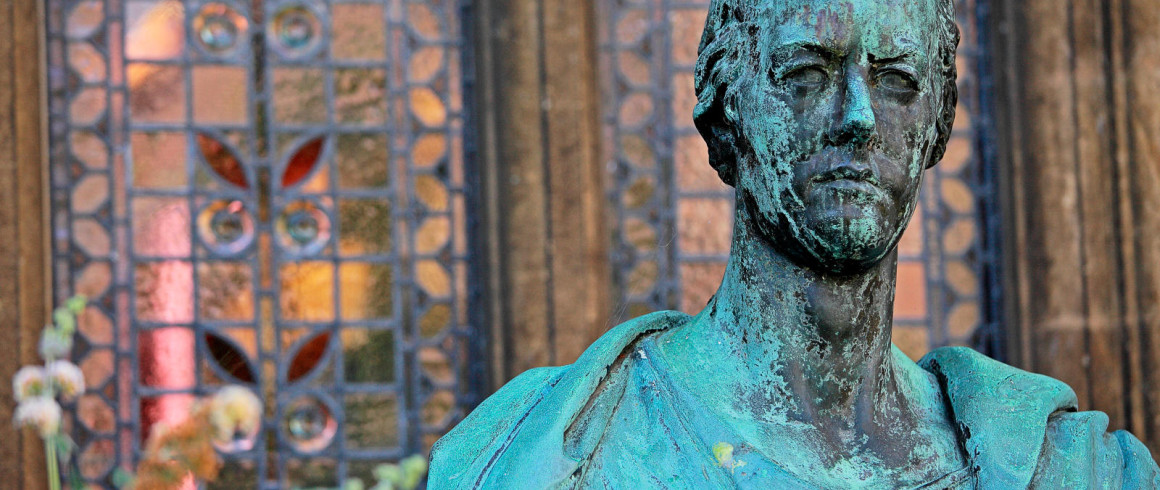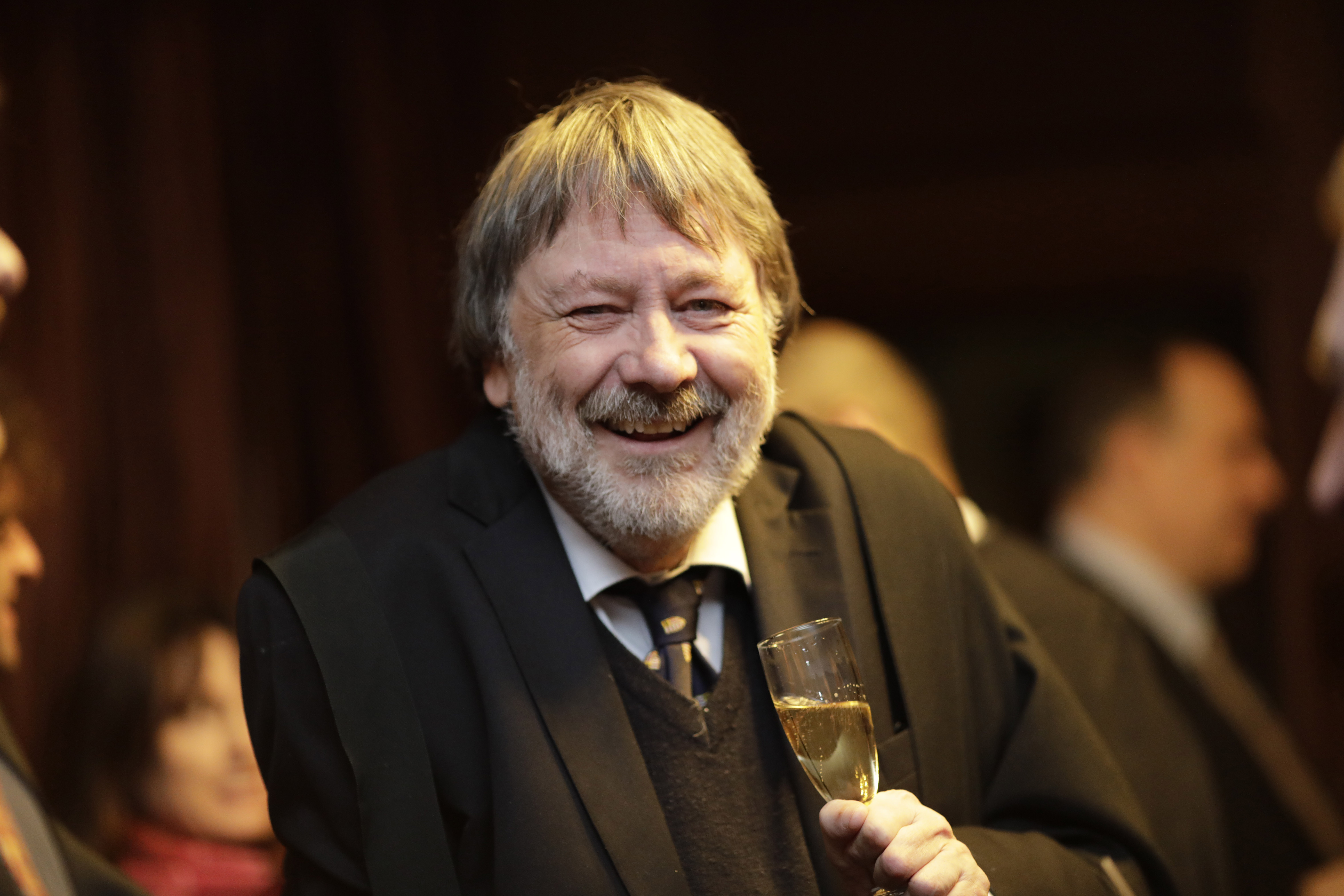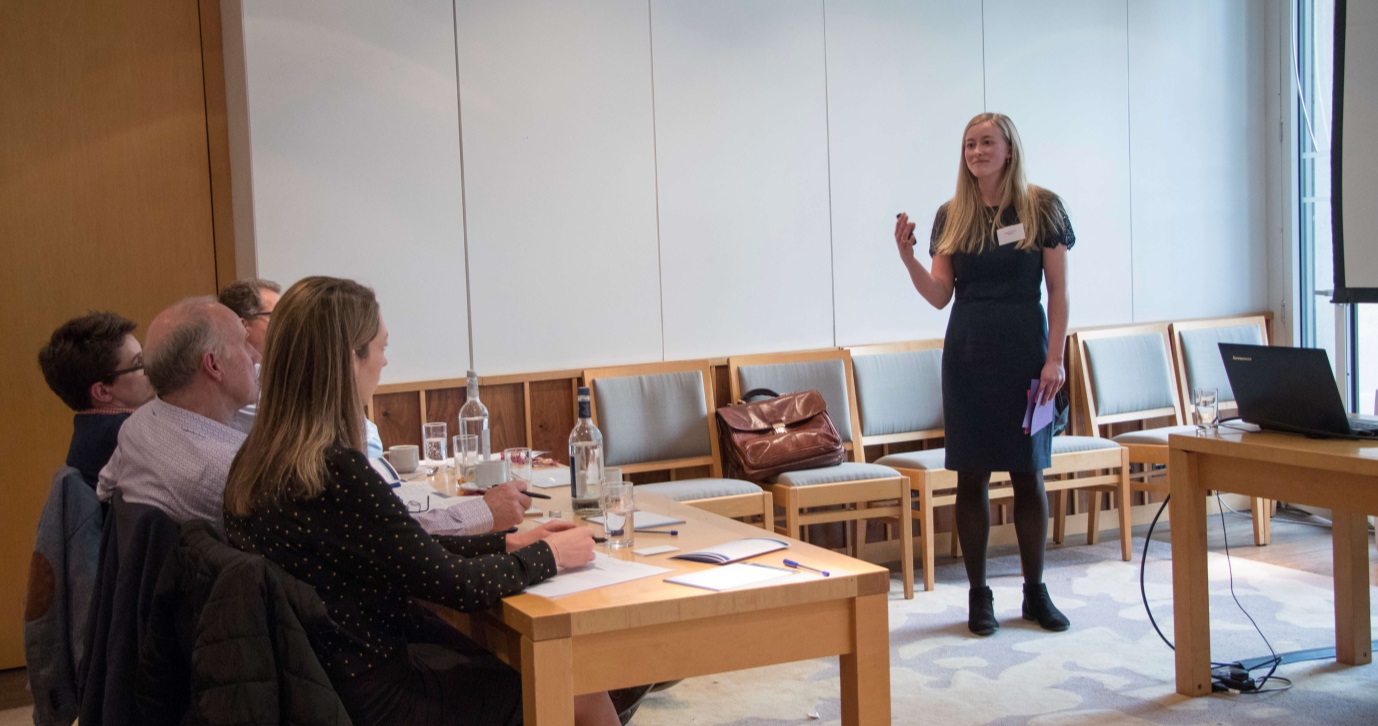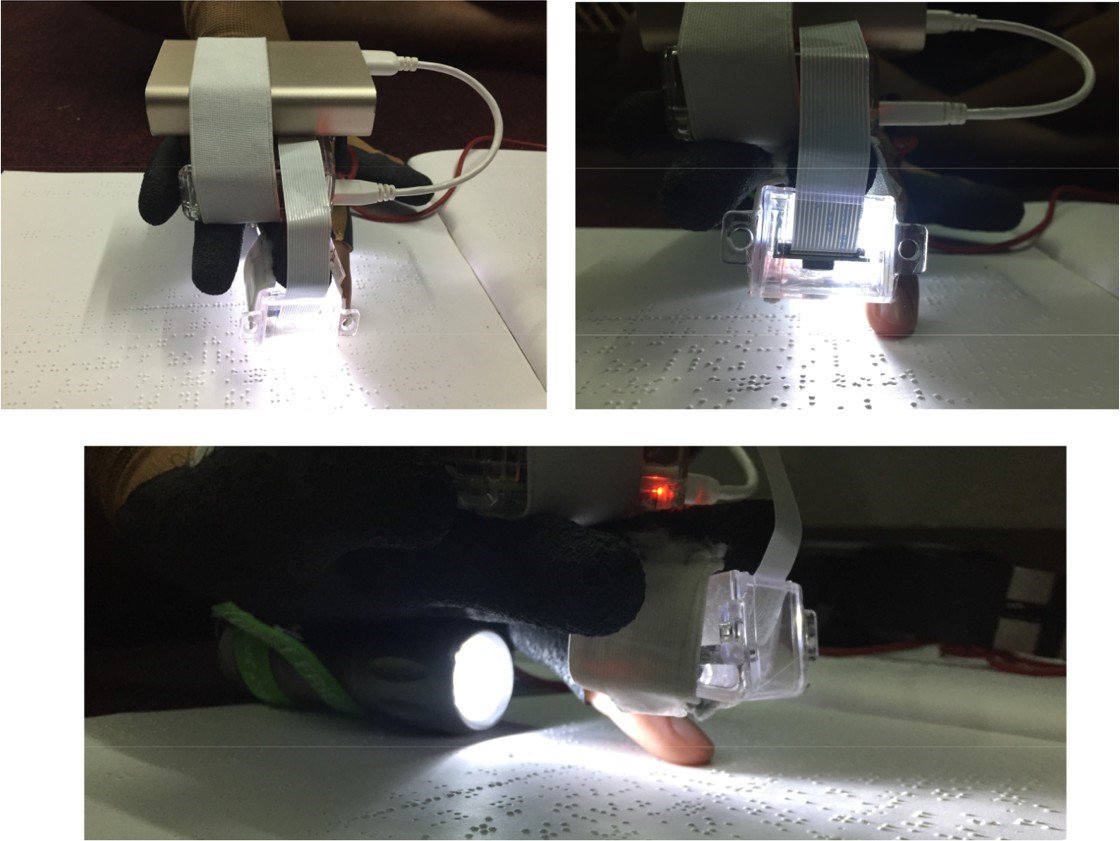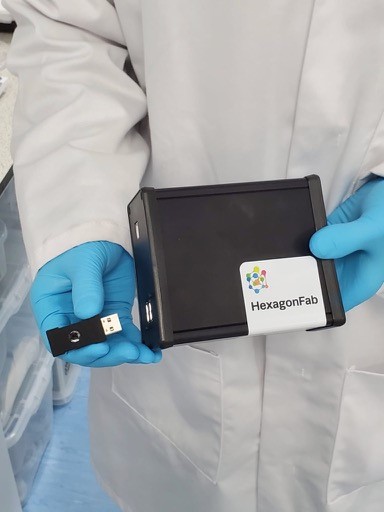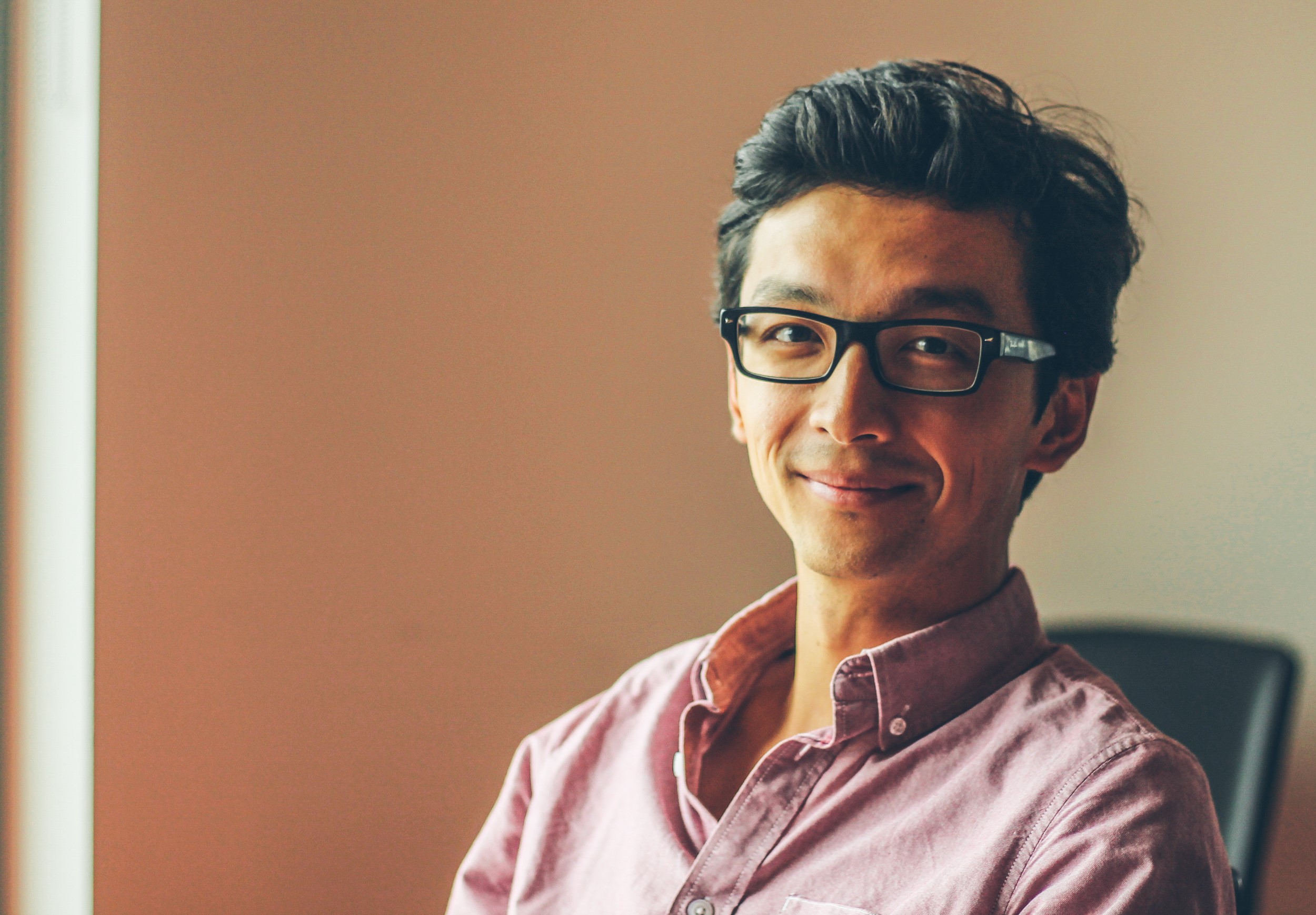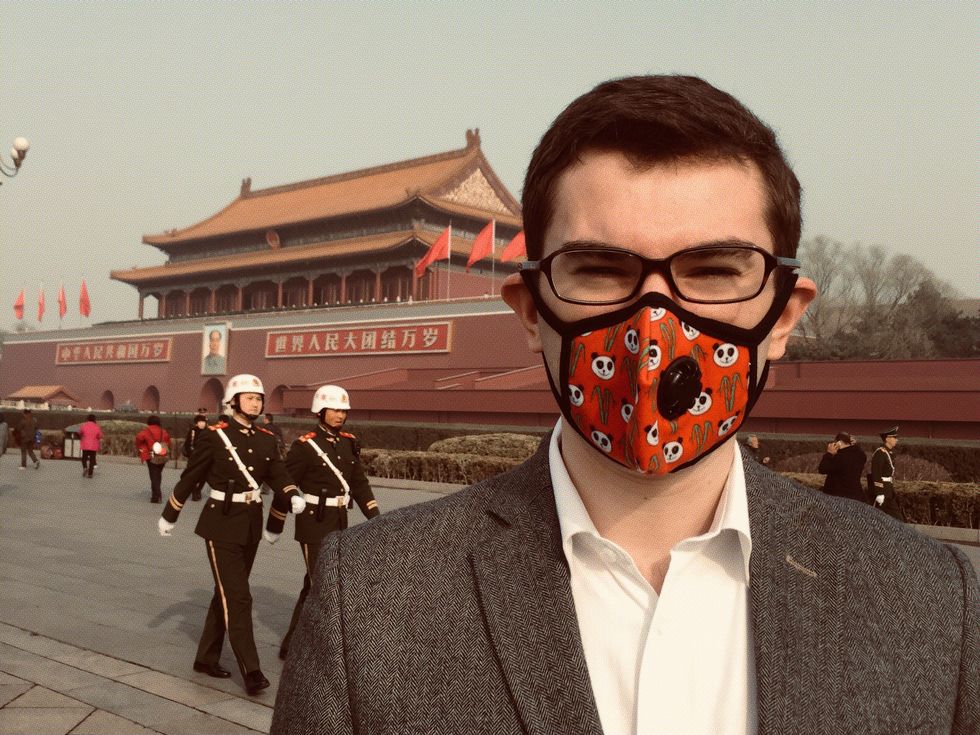The History of the Parmee Prize
The Parmee Prize Competition is the brainchild of one of our alumni and William Pitt Fellows, Dr Richard Parmee (1970). The idea for the Parmee Prize came out of Richard’s own entrepreneurship journey – after he attempted to juggle his PhD and starting what became a very successful business providing equipment to the music industry, he recognised that a small amount of seed funding and advice could have gone a long way to making this journey easier.
Richard began his PhD and founded his first company, Pace, in the same year: 1974. Pace developed audio equipment, as well as specialist electronics work for some of the major rock bands of the 70s, including Led Zeppelin. By the third year of his PhD this had taken off and Richard suddenly had 85 people working for him, but limited guidance on how to navigate this transition.
Ultimately, the PhD was abandoned and Richard’s entrepreneurial career steamed ahead– it wasn’t until 2010 that he returned to Pembroke to finish his PhD and add ‘Dr’ to his title. In the meantime, Richard founded a number of other businesses, and his current company, Cheyney, provides X-ray technology for the food industry. Through Cheyney, Richard is also a William Pitt Fellow and has a Corporate Partnership with Pembroke College.
Richard’s own slightly topsy-turvy academic and entrepreneurial career led him to the idea for the Parmee Prize, but he wasn’t alone. At one of the 10-Year Reunion Dinners at Pembroke, Richard undertook an off-the-cuff straw poll of his fellow classmates. Around 30% had gone on to become academics, while another two-thirds had gone on to careers working for big companies, or as lawyers and accountants. That left a final 3% who had gone on to do unpredictable or unexpected things. Richard realised that he’d always known they were going to do something different, and that led to the idea that Pembroke might be able to identify those people as undergraduates. By providing them with support and guidance, maybe the college could help prevent them from making the mistakes that Richard and his contemporaries had made on their entrepreneurial journeys.
Richard took this idea to the Development Office, who were sold, as was the Master at the time, Sir Richard Dearlove. Because of the support within the college, it only took a year or two for the prize to go from conception to reality, and the first competition was held in 2007. Eight teams entered in the first year of the prize and the competition has attracted a similar level of interest ever since, often necessitating a shortlisting of applicants before the final round.
The panel of judges is made up of Pembroke alumni with a variety of entrepreneurial and business experience – currently Dr Samantha Deacon (2004), Dr Mark Mann (1999), Mr Piers Morgan (1985), Mr Simon Harris (1969), and Robert Marshall (1989), who also co-sponsors the prize. The current panel all have several years’ experience judging the Parmee Prize competition, returning year-on-year to offer up their time, not only for the duration of the competition, but also afterwards, offering support and mentorship to entrants – in some cases even those that aren’t shortlisted.
Richard, although not involved in the judging, brings his expertise as a mentor to the competition, based on his decades-long career as well is his involvement with various other entrepreneurship initiatives in Cambridge, including the Cambridge Angels. Richard also runs a ‘How to Pitch’ training session for all entrants, regardless of shortlisting, designed to help them build some of the soft skills which surround becoming a successful entrepreneur.
Reflecting on the prize, Richard noted that the competition had reinforced his sense that the ‘entrepreneurial gene’ was innate rather than learned, and could be identified in people at all stages of development. EMBAs competing against undergraduates often lose out to the latter – in fact Richard noted that undergraduates often comprised the most successful teams.
The prize has certainly been a success among the students who have entered. Katie Fox (2014), who won in 2018 with InteliVet, said of the competition, “It really made me sit down and think, I’ve thought about this from an academic perspective, now I need to think that this thing needs to make money if it’s going to employ people and work!” She added that one of the strongest benefits of the competition was the support and advice from the judges.
Kushagra Jain (2021), one of the members of 2022’s winning team, BrailleWear, reflected that “The Parmee Prize competition has definitely been a highlight of my time in Cambridge. Winning the competition helped provide some initial working capital that allowed me to progress my start-up further. Since taking part I have been very fortunate to receive significant guidance from Dr Parmee himself and others within the Cambridge community. Also, the competition helped expose me to an incredibly warm and accomplished angel investor. With the help of our investor the start-up is well on track to finishing development of a market-ready product and making an impact in the lives of the visually impaired community.”
In this way, it isn’t just the winners who benefit from the Parmee Prize competition. In fact, Richard, who is not himself involved in the judging, reflected that the individuals and teams who have been the most successful haven’t always been the winners of the competition. HexagonFab, runners-up in the 2018 competition, recently secured £1.9m of seed funding for its first product. Ruizhi Wang (2014) of HexagonFab stated that the Parmee Prize “set us off to an extremely exciting journey”.
Sometimes alumni of the competition do not succeed with their initial business idea, but go on to success with another enterprise. For example, Christopher Dobbing (2008), was a runner-up in the 2012 Parmee Prize competition with his idea for Oxbridge Tours, and has gone on to found the incredibly successful Cambridge Mask Co, which now has over 1 million customers in more than 120 countries. One of the judges, Dr Mark Mann, was a runner-up in the first competition in 2007 and, having since gone on to forge successful career, including develop several companies, brings this experience to the judging panel and as a mentor.
Whether emerging a winner or not, the real ethos and heart of the competition is about identifying talented students who are going to do something different with their careers, and giving them the right support – whether financial or otherwise – to help them fulfil this potential. And, importantly, in Richard’s words, it’s also about having lots of fun along the way – and, of course, a very good dinner afterwards.
